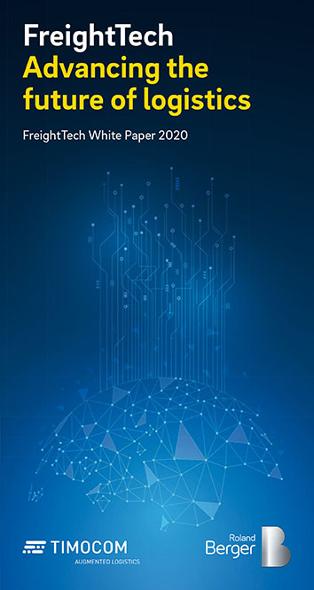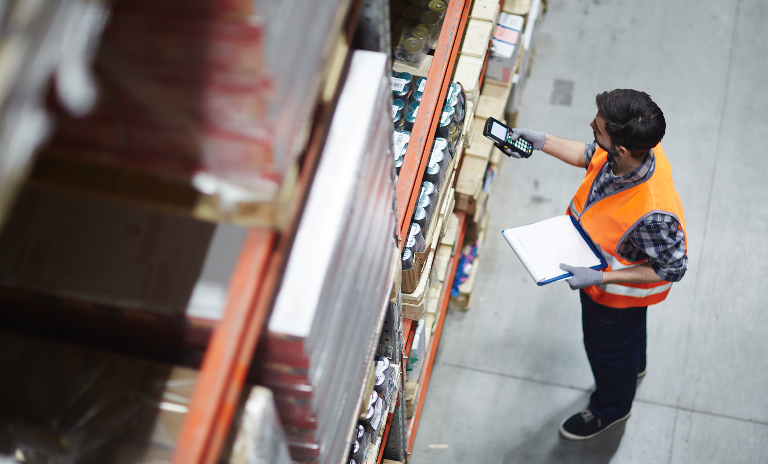" FreightTech applications are key to the integrated logistics systems of tomorrow. "



Traditional logistics players have so far been slow to adapt to the FreightTech revolution, allowing newer, disruptive players to take a lead. In this study, we look at the challenges holding incumbents back – and outline what they can do to regain market dominance.

For decades, the logistics value chain has remained the same. An order is received by a freight forwarder, the package is picked up, warehoused, transported, warehoused again and finally delivered to the receiver. But in the past few years, new technologies and ideas in logistics – collectively known as FreightTech – have been shaking up this well-trodden path. In fact, in the next 2 to 5 years, FreightTech applications are expected to disrupt every step of the traditional value chain.
This poses problems for incumbent players who have long relied on the status quo. They must adapt or face being overtaken by new disruptors who have none of their baggage and access to significant funding to invest in new technologies – just look at Amazon, for example.
But of course, it’s not too late for incumbents to act. In this study, we outline the key developments in FreightTech, including what incumbents are doing, look at the hurdles incumbents face in implementing new applications and show how taking an ecosystem-based approach can help them to overcome these.
FreightTech applications can be split into three segments: intelligence, automation and integration.
Across the industry, incumbent players are mostly focusing on FreightTech solutions involving platform models, while supporting service providers, such as TIMOCOM and others, offer solutions to aid digitization. Meanwhile, most investor funding is being targeted at intelligence applications, for example, AI tools.
The European logistics market poses unique FreightTech challenges, being more fragmented, less standardized and more international than other markets. Incumbent players face specific hurdles that prevent the scaling of FreightTech, while also lowering entry barriers for disruptors. For example, high investment in digitization and a lack of trust between players over data sharing.
The result is that start-ups and e-commerce players are currently the leading disruptors in logistics. For example, Amazon is transforming into a full-service logistics company.
The traditional value chain is on its way out and ecosystems, consisting of the network of organizations involved in the transportation of goods along the entire supply chain, are now at the core of logistics. In order to fully exploit FreightTech opportunities, incumbent players must understand their ecosystem and adapt current business models to cope with the hurdles and challenges of changing market dynamics.
We identify six key elements to maximize FreightTech value-add, from leveraging ecosystem opportunities to identifying relevant technologies and developing data ownership. Their effect is to maximize incumbents’ price level and market share, raise cost efficiencies and support growth opportunities through innovation.
FreightTech applications in all three segments are key to the shift towards an integrated logistics ecosystem where parcels and containers self-optimize their own routing. We believe players in this future ecosystem will fall under four main categories: Aggregating meta-platforms; integrating logistics platforms; next-generation asset operators; and network specialists. Incumbents must decide on their role in the future ecosystem now, as only players who make the right investments today can be leaders of the future.

![{[downloads[language].preview]}](https://www.rolandberger.com/publications/publication_image/roland_berger_transport_logistics_download_preview.jpg)
New digital technologies and disruptive ideas are shaking up the logistics industry – incumbents need to adapt fast
